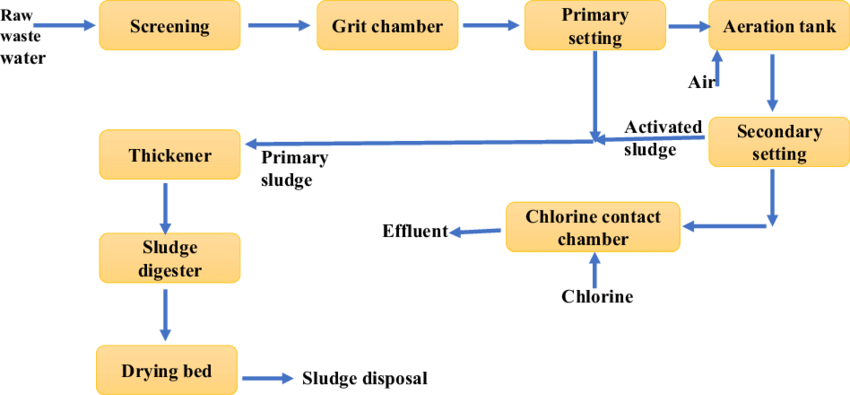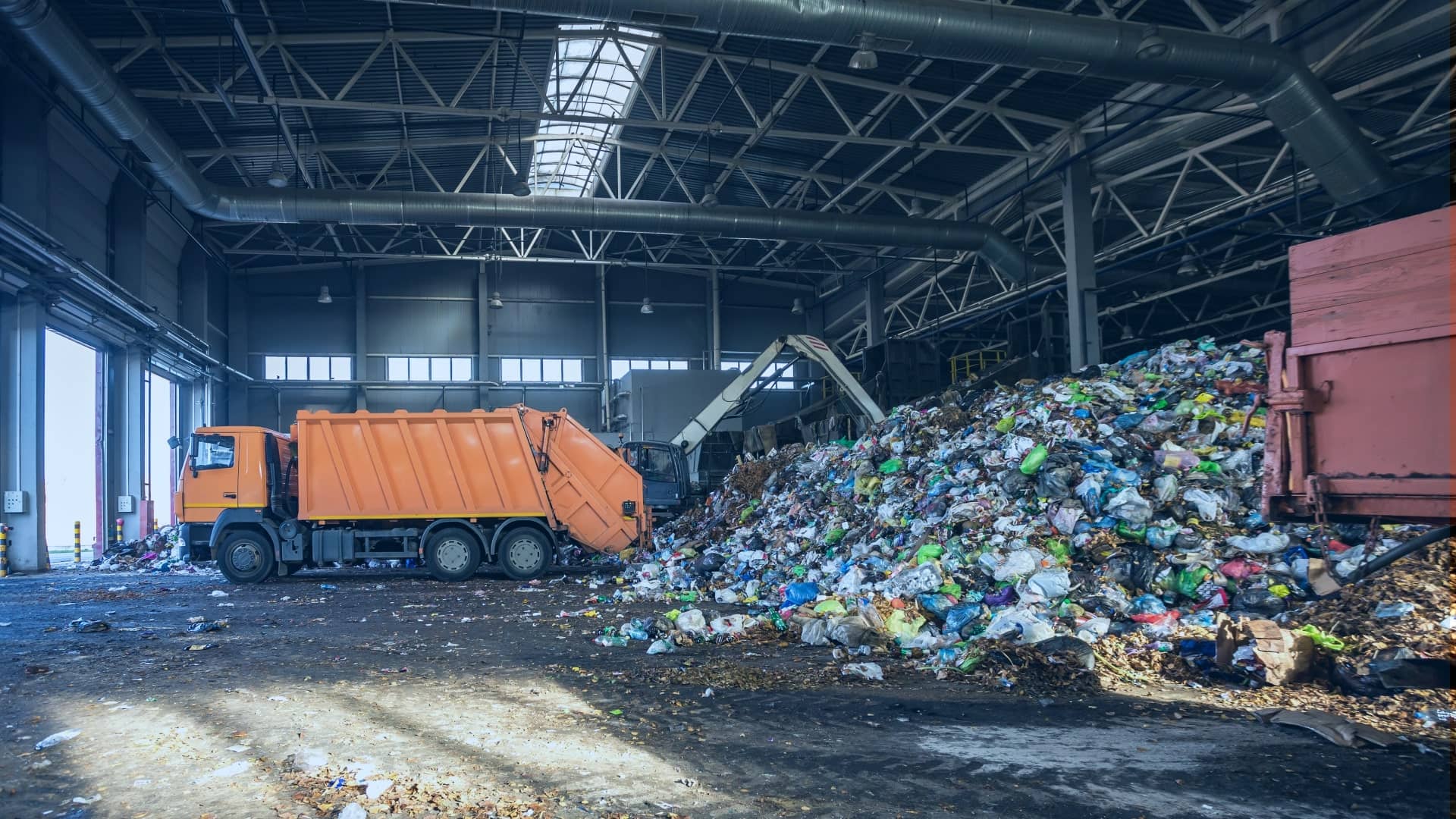The Facts About Reclaim Waste Uncovered
The Facts About Reclaim Waste Uncovered
Blog Article
Some Known Factual Statements About Reclaim Waste
Table of ContentsUnknown Facts About Reclaim WasteOur Reclaim Waste IdeasSome Known Factual Statements About Reclaim Waste Some Of Reclaim WasteIndicators on Reclaim Waste You Need To Know
Via correct liquid waste administration, companies can lower energy-intensive therapy procedures and disposal expenses. They additionally reach save resources and designate them in various other relevant processes. There are many regulations that shield public wellness and the environment. By following a system for managing liquid waste, business can prevent expensive penalties and fines and avoid unfavorable promotion.(https://slides.com/reclaimwaste1)Collect representative samples from numerous factors within the waste stream to make sure precision. Fluid waste, particularly dangerous ones, presents considerable threats throughout this action.

Sanitation (e.g., chlorination, ultraviolet light, ozonation) and nutrient removal (e.g., denitrification and phosphorus obliteration) are recommended under rigorous regulations. Many business broke a number of liquid waste disposal regulations in current years.
The Facts About Reclaim Waste Uncovered

are used by markets that create big volumes of low-toxicity liquid waste. Shallow basins include fluid waste that is permitted to evaporate via all-natural procedures. The deposit left can be thrown away in land fills. includes shedding fluid waste at heats and transforming it into gas and ash. This kind of disposal is subject to rigorous ecological regulations due to possibly harmful discharges.
The findings ought to be documented, examined, and stored not just for entry to regulative authorities but likewise for making enhancements in the future. Share details with pertinent stakeholders (e.g., staff members, regulative federal government agencies, and neighboring areas) to maintain openness and accountability.
Regardless of the firm size or market, there are various obstacles connected with this task. Recognizing these can aid them successfully handle their operations web and decrease their environmental impact. makes it tough to deal with and dispose of liquid waste safely. Firms that can't buy facilities ought to consider working together with the public industry for much better options.
An Unbiased View of Reclaim Waste
By carrying out detailed management systems that include therapy and recycling methods, normal surveillance, threat assessments, and adherence to neighborhood and federal guidelines, commercial centers can add to the protection of groundwater supplies, guaranteeing their availability for future generations (liquid waste removal). Allow's explore the value of efficient fluid waste management in the industrial market, concentrating on its ramifications for safeguarding groundwater sources
The contamination of groundwater sources as a result of incorrect liquid waste administration in the industrial field has far-reaching effects for human health and wellness, agriculture, and the setting in its entirety. Several of the potential impacts created by such air pollution consist of: Infected Alcohol consumption Water Products: As groundwater provides a considerable part of our drinking water, pollution from industrial tasks can bring about unsafe chemicals and bacteria entering our water systems, posing health risks for people.
Minimized Agricultural Efficiency: Agriculture depends greatly on groundwater for watering; as a result, contaminated water can hinder crop returns, infect agricultural items, and impact food security. Offered the importance of maintaining groundwater resources, it is important for services to take a proactive position in managing their liquid waste properly and stopping contamination.
Reclaim Waste Fundamentals Explained
Liquid waste can contaminate land and pollute waters. Information about handling and saving liquid waste, reacting to spills and minimizing fluid waste is offered in the complying with reality sheets and assistance:.
The duty of waste management professionals in securing this valuable resource can not be overemphasized. Polluted water and infected effluent monitoring: Making certain that dangerous fluids are safely removed and dealt with prior to they can harm our water sources.
Thus, incorporating sustainable fluid waste management right into financial planning enhances financial security and protects the setting, demonstrating the worth of this approach. In final thought, embracing specialist liquid waste management methods is crucial for guaranteeing a sustainable future, securing our environment and securing the wellness of future generations - industrial wastewater treatment. At E&E Waste, we are committed to promoting a much better tomorrow with accountable activities today.
When it pertains to disposing of waste, adhering to appropriate treatments is vital for a multitude of reasons. Proper waste disposal is not nearly sanitation; it's about making sure the wellness of our setting, health, and the efficient use of resources. Understanding the importance of effective waste administration can aid us all add to a healthier, cleaner world.
Facts About Reclaim Waste Revealed
Reliable waste monitoring aids keep tidy streets and public areas, minimizing the aesthetic effect of trash and guaranteeing that waste does not hurt wild animals. When waste is not dealt with correctly, it can lead to contamination, where unsafe materials can seep right into the dirt, water systems, and the air, producing long-lasting environmental issues.
Report this page